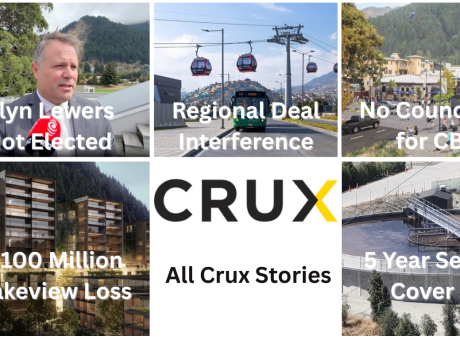Who is buying electric cars locally - and who's not
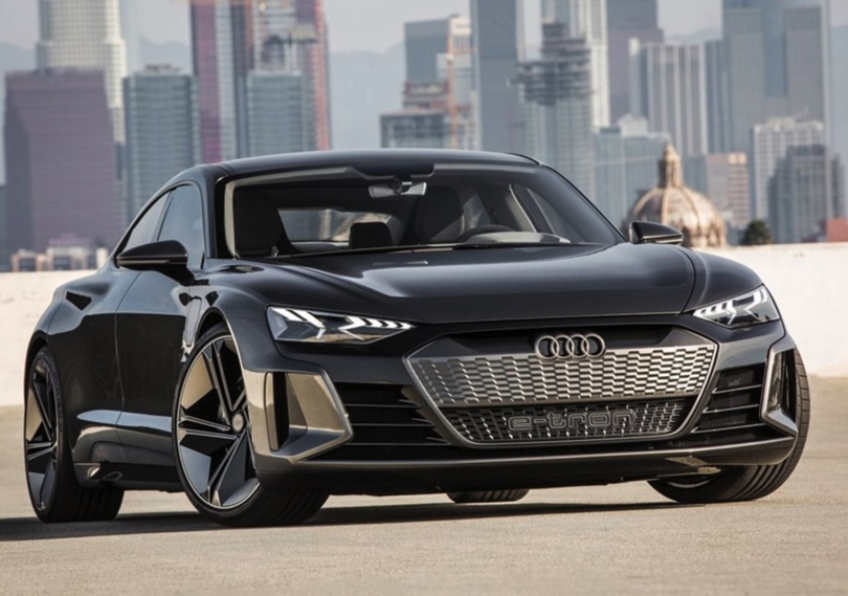

The eye-watering price of petrol is certainly doing no harm to the sale of electric vehicles, but there’s still parts of our local communities who are waiting for the technology to further develop – or they are just simply in love with petrol!
One group in the second category are tradies and farmers, many of whom seem to be rejecting the move to electric vehicles, at least for the time being.
Crux spoke with Duncan Wright at the Queenstown Motor Group about who’s buying EVs and who’s not.
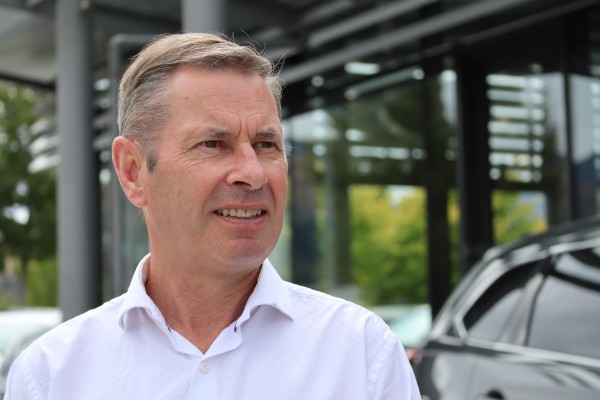
Duncan Wright - balancing advances in technology with market trends and customer demand
“A lot of the current EV buyers are the younger ones who perhaps want to be seen to be clean and green and doing something positive in that direction. Then there’s the mum and dad, the retired people who would dearly love not to be buying petrol now.
“Many of the EV buyers are probably the sort of middle-aged, entrepreneurial-type people. They've worked out that you can actually buy quite a good-looking performance car now and have it running all electric.”
But, at the risk of stereotyping people, why don’t we see more farm and trade vehicles running on electricity?
“I think that that these probably will be the last group who will make the transition,” says Mr Wright.
“We’ve seen how much the farming community is currently inclined against EVs. The builders – well, they’ll come on board soon as there is a whole range of electric vans coming out soon, particularly from Volkswagen. But yes, the agricultural sector, that'll be one of the last to come on board.”
Mr Wright’s been running the Queenstown Motor Group’s sales operation in the Southern Lakes for more than 10 years and is refreshingly open about the different strategies open to EV buyers.
“Look there’s a great range of electric vehicles to buy now, but there’s also some stunning technical developments just around the corner. For some people now is the perfect time to buy an EV – for others it might make sense to wait another one or two years.”
We talk about the classic range-anxiety dilemma – driving from Queenstown to Christchurch.
It’s no problem with a hybrid or plug-in hybrid EV, but with a full electric vehicle that distance is just a stretch too far.
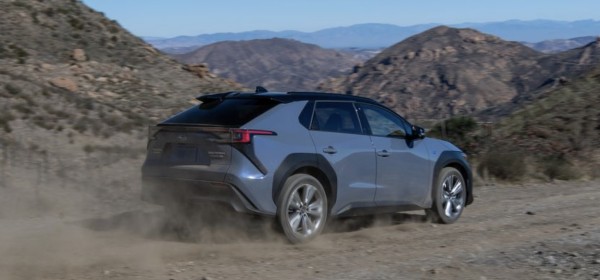
Subaru is becoming a major player in the EV market
Looking even to the near-future, where there might be ten or even twenty charging stations in places like Tekapo, it’s easy to imagine the increase in EVs overwhelming that capacity, with queues forming and tempers running hot.
Mr Wright has no doubt that technology will fix all of these issues, and soon. Crux asked if it was like watching a type of industrial revolution.
“Yeah, absolutely. Who would've thought, when I started in this industry, that from 2026 Audi will only design new models that will be exclusively electric?”
Going back to the Christchurch dilemma and range anxiety in general, Mr Wright reckons that the short to medium-term answer is to be pragmatic about how we use our cars.
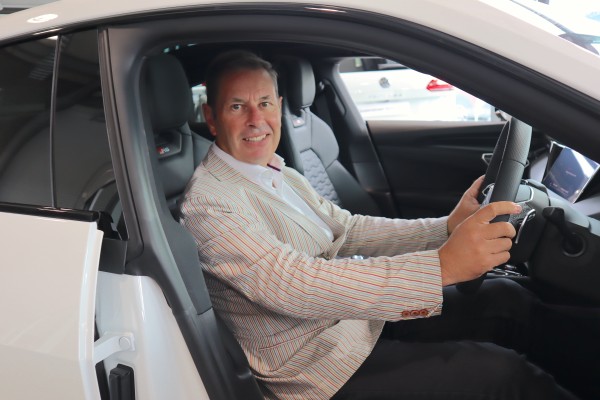
Duncan Wright - in the driving seat when it comes to transitioning to EV's
“To be realistic, those longer drives might only be two, three or four times a year. Most of what we all do with our cars is drive local. What we are seeing is a boom in people who are swapping out a second car for an EV, using that for all their local driving, and keeping the petrol car for the longer drives.”
One question often asked is whether premium brands like Audi, Volkswagen and Subaru are simply sticking batteries into what started as petrol cars or designing EVs from the ground up as entirely new concepts.
“They are actually built on separate platforms. Take that Audi E-tron GT sitting in the showroom. People come in and ask if that’s going to be made as a petrol version. The answer is no – never. That car was designed only ever to be electric.
“The car manufacturers still have to take their cue from what people want to buy – and at the moment that’s SUVs. So, a lot of work is going into the design of all electric SUVs. But the all-electric/battery platform that will be the foundation of the new SUV market can be adapted to other types of electric vehicles in the future.”
The Queenstown Motor Group has managed to avoid getting stuck in a divisive petrol versus electric debate by effectively saying that one key principle comes first and that’s not the technology but what their customers want.
“People come into the showroom, and I can often guess what that person might want, but it’s dangerous to ever make assumptions.
“We’ve learnt to listen and if someone wants an EV now, we’ll sell them one. But if they have doubts and reservations around the current technology, we are quite comfortable advising that person to wait one, two or even three years until the vehicle that’s right for them comes onto the market.
“Those people will say ‘Right – you’ve answered my questions. I’ll buy one last petrol car – or keep my existing car a bit longer.’
“It’s better to be realistic about EVs than imagining that they are perfect and the answer to all of our environmental prayers. But the change is happening and it’s happening very fast.
“All we can do is help everyone to make an informed decision and do our bit to ensure that the change to EVs happens as quickly, as economically and as safely as possible.”





